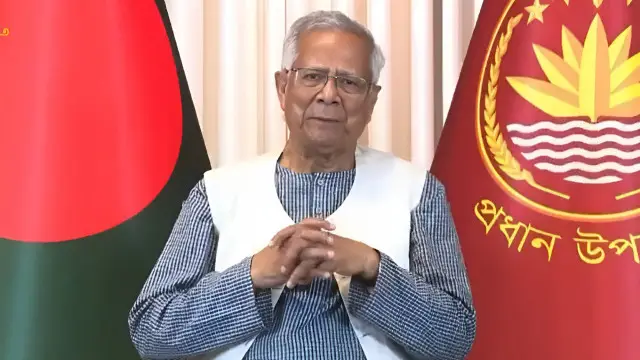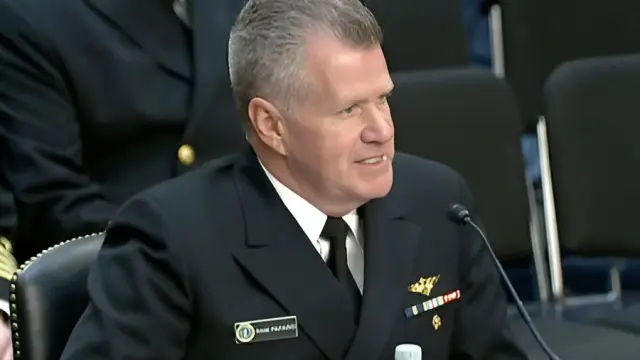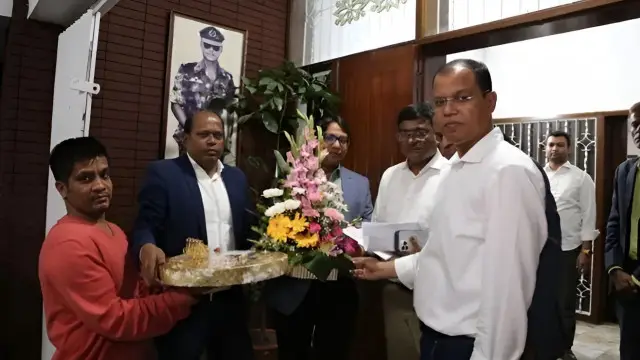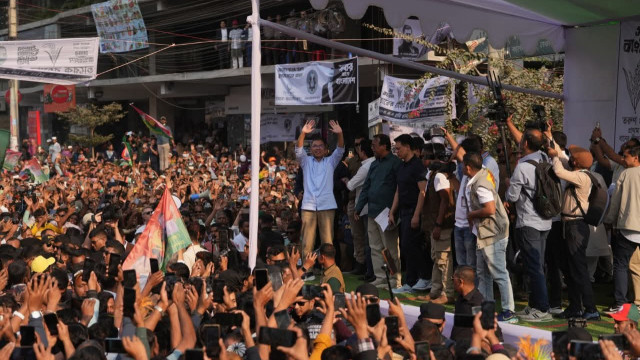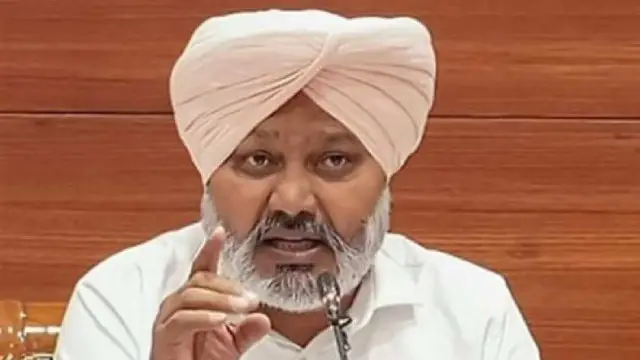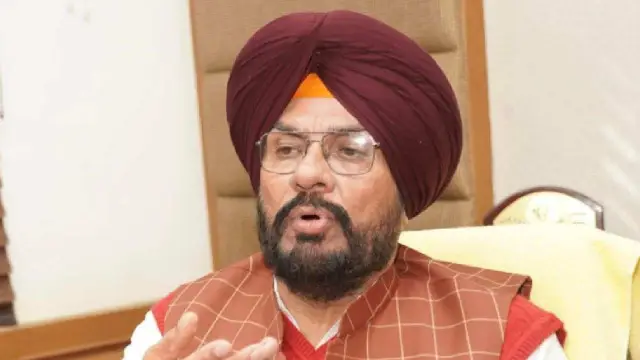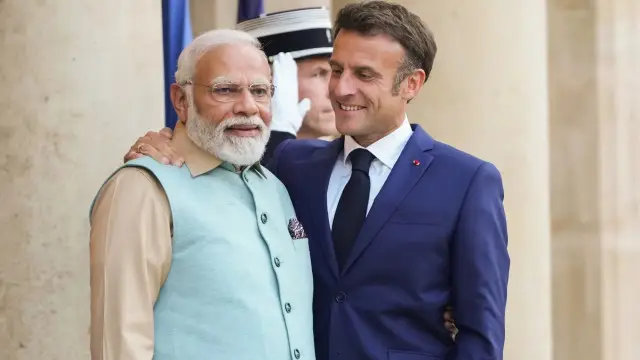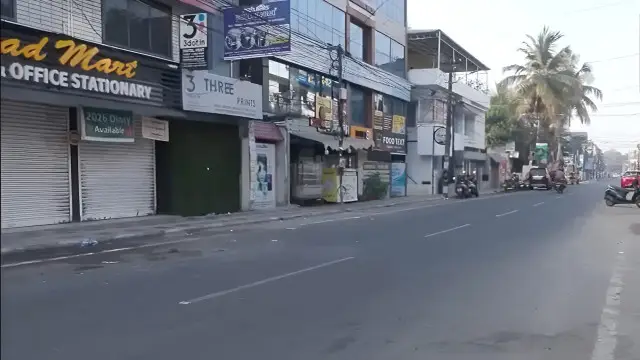Pakistan in Panic: Bunkers Built, Thousands of Madrasas Evacuated Amid Attack Fears
Give 2 intro's for Pakistan in Panic: Bunkers Built, Thousands of Madrasas Evacuated Amid Attack Fears Pakistan is gripped by heightened anxiety as fears of a potential Indian retaliatory strike loom large following the April 22, 2025, Pahalgam terror attack.

Pahalgam Attack: Tensions Soar as UN Urges India-Pakistan Restraint
The April 22, 2025, Pahalgam terror attack, which killed 28 civilians in Jammu and Kashmir’s Baisaran Valley, has pushed India-Pakistan relations to a breaking point. As India blames Pakistan for backing the attackers, Pakistan’s Prime Minister Shehbaz Sharif denies involvement, calling for a neutral probe. The United Nations, led by Secretary-General Antonio Guterres, has intervened, urging both nations to de-escalate to avert a catastrophic conflict between the nuclear-armed neighbors.
The Pahalgam Massacre and Its Fallout
The attack, executed by five militants linked to The Resistance Front (TRF), a Lashkar-e-Taiba offshoot, targeted tourists in a meadow, marking India’s deadliest civilian attack since 2008. India alleges Pakistan’s Inter-Services Intelligence (ISI) supported the militants, citing digital traces to Muzaffarabad. In response, India suspended the Indus Waters Treaty, closed the Attari-Wagah border, and banned Pakistani airlines from its airspace. Pakistan retaliated by sealing its border and airspace, escalating tensions.
Sharif’s Call for Neutral Investigation
On April 26, Sharif proposed a “neutral and transparent” investigation, rejecting India’s accusations as “baseless.” Addressing cadets in Abbottabad, he affirmed Pakistan’s military readiness while urging the UN to counsel India for restraint. Pakistan’s Defense Minister Khawaja Asif suggested involving Russia or China in the probe, a move India dismissed. Sharif’s stance, balancing defiance and diplomacy, reflects Pakistan’s attempt to deflect blame amid global scrutiny.
UN’s Diplomatic Push
Guterres held separate calls with Sharif and India’s External Affairs Minister S. Jaishankar, expressing “deep concern” over rising tensions. The UN warned of “catastrophic” consequences if the situation escalates, advocating dialogue to maintain peace. Jaishankar, briefing UN Security Council members like South Korea and Denmark, emphasized India’s zero-tolerance policy toward terrorism, seeking global support to hold perpetrators accountable.
Regional and Global Implications
The crisis has sparked fears of military escalation, with both nations exchanging fire along the Line of Control. India’s diplomatic offensive, backed by the US, contrasts with China’s support for Pakistan’s call for a fair probe. As bunkers are fortified and madrasas evacuated in Pakistan, the region braces for uncertainty. The UN’s mediation efforts highlight the urgent need for de-escalation to prevent a broader conflict




